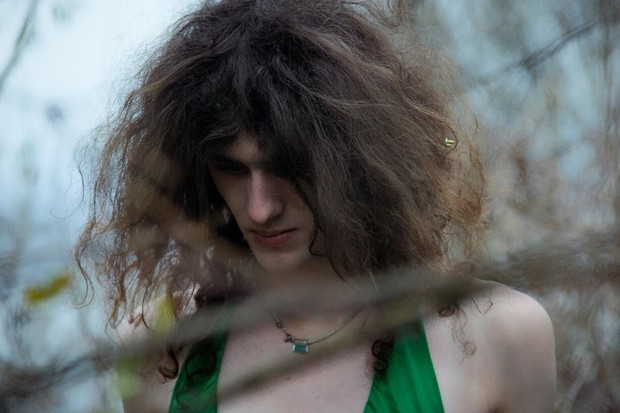previously published on Cineuropa
The film chosen to close the documentary competition of this year’s Sarajevo Film Festival — that is, before the declaration of a national day of mourning led to rescheduling — Gergő Somogyvári’s Fairy Garden is here to remind us that all the conventions about tolerance and human rights on the global and EU level mean nothing if the particular countries have the power to override them within their national legal systems. Hungary, for example, outlawed homelessness in 2018 and banned the changing of gender on official documents after birth in 2020, fuelling an anti-homeless and anti-LGBT sentiment even more.
The heroes of Somogyvári’s film live in that kind of world. Fanni is a teenage transgender woman who was kicked out of her home by her parents for being who she is. We meet her when she is dragging her suitcase off the paved road and into the forest, where she moves in with Laci, the 60-year-old homeless man who built his shack there and is willing to share his living space with the fellow outcast, while dreaming of fixing up the place, planting a garden and repairing his old canoe to go on a trip with it.
There
is a sense of understanding and even something like familial
closeness between the two, but there are also differences in their
characters that could be described as predominantly generational.
Laci is proud to be a hard worker who likes to keep himself busy, and
judges Fanni for being lazy. On the other hand, she is too stubborn
to listen to his advice and not too keen on helping out with the
chores in and around the house. Like most people her age, she spends
a lot of time online and dreams of finding fame and love through
those channels, but the reality is much harsher than she imagines.
Could the duo, which eventually becomes a trio (when Laci’s friend
Aranka joins the gang), survive the challenges and achieve any kind
of peace, happiness and satisfaction in the future?
Somogvári, whose directorial portfolio includes several mid-length documentaries and a feature-length one, titled Trans Duna I-II (2015), opts for a strictly observational, fly-on-the-wall approach. He serves as his own cinematographer, which is actually his main trade in the documentary world (he shot last year’s Sarajevo competition title Paying a Visit to Fortuna) and helps in the process of filming, since the subjects are more willing to open up and act naturally in the presence of a smaller crew. Editor Judit Feszt stitches up the selected material in a clear way that is easy to follow, and the runtime of 83 minutes is pleasant despite some repetitiveness in showing the issues within the subjects’ relationships. Viktor Bátki’s score, largely composed of gentle guitar melodies, is used in perfect moderation to set the mood or shift it when necessary. Overall, Fairy Garden is a decently made film that calls for compassion in a society where certain people are stigmatised and left behind.

No comments:
Post a Comment